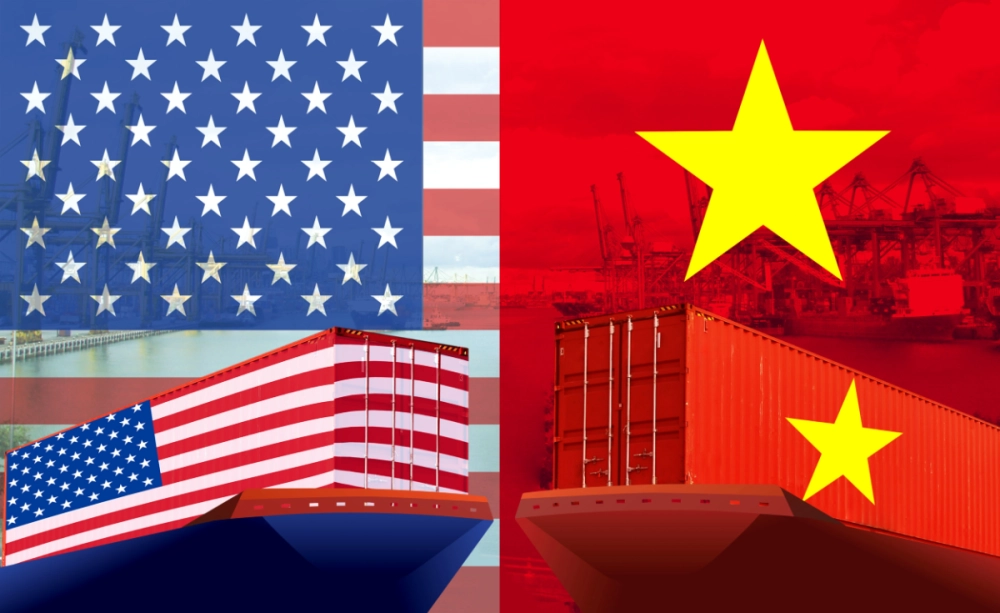Please read the full report on the Wilson Center’s website.
Referred to as one of Southeast Asia’s ‘Tiger Cub’ economies for its export-driven growth model similar to the ‘Asian Tigers’ Singapore, South Korea, and Taiwan, Vietnam continues to experience strong economic growth. This is largely driven by the government’s efforts to pursue international economic integration and implement pro-market reforms. In addition, Vietnam’s relatively cheap labor costs have enabled it to become an attractive investment destination for manufacturing.
Due to the current geopolitical environment, the country is positioning itself as an alternative for companies seeking to diversify their supply chains away from China. An important aspect of Vietnam’s foreign policy is its Three Nos: no military alliances, no siding with one country against another, and no foreign military bases on its soil. Rather than picking sides, Vietnam seeks to balance itself and forge strong relations with numerous other countries. Vietnam has formally designated seven countries as its ‘comprehensive strategic partners’: Australia, China, India, Japan, Russia, South Korea, and the United States.
As a result of its reforms, many countries now consider Vietnam to be a market economy which has helped to strengthen its global trade ties, though the US Department of Commerce recently decided to extend its current non-market status designation. The US hopes that Vietnam will continue its reforms so that it can grant non-market status. The Vietnamese government continues to enact policies designed to attract and retain more foreign investment by investing in education, pursuing free trade agreements, and improving infrastructure towards the goal of spurring further growth.
A close review of investments and trade flows show strong economic vitality and highlights two opportunities. First, there is an opportunity for greater US investment in Vietnam as its investment in Vietnam lags strategic partners and competitors alike. Second, that the robust trade between the US and Vietnam is imbalanced with significant Vietnamese exports to the US but scant imports from the US to Vietnam. Balancing this trade could be an opportunity to unlock greater US investment.

